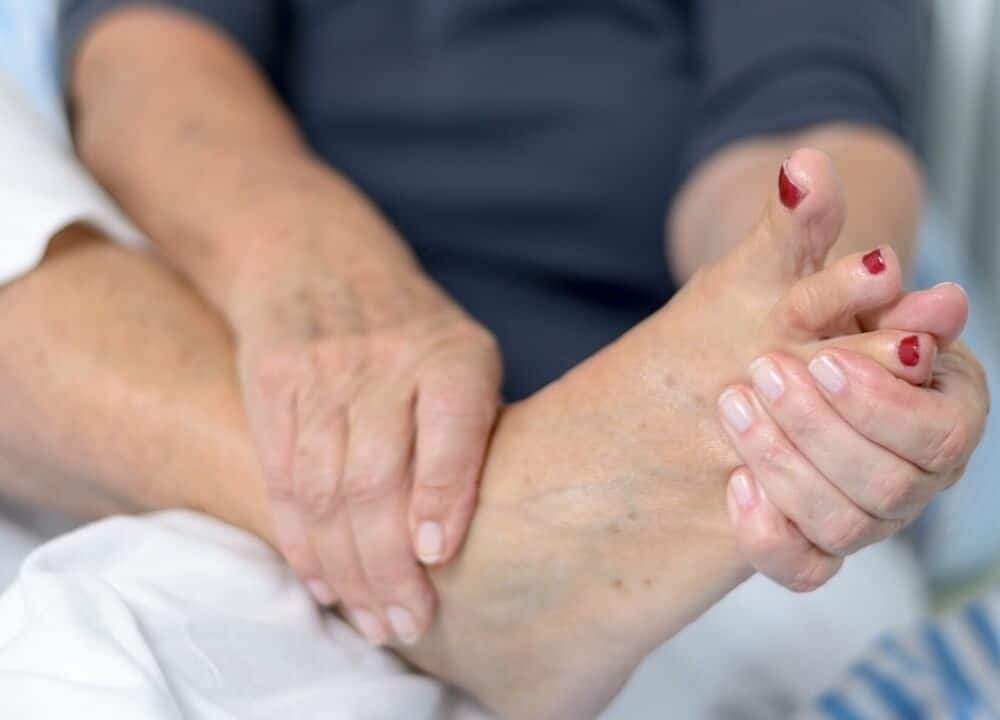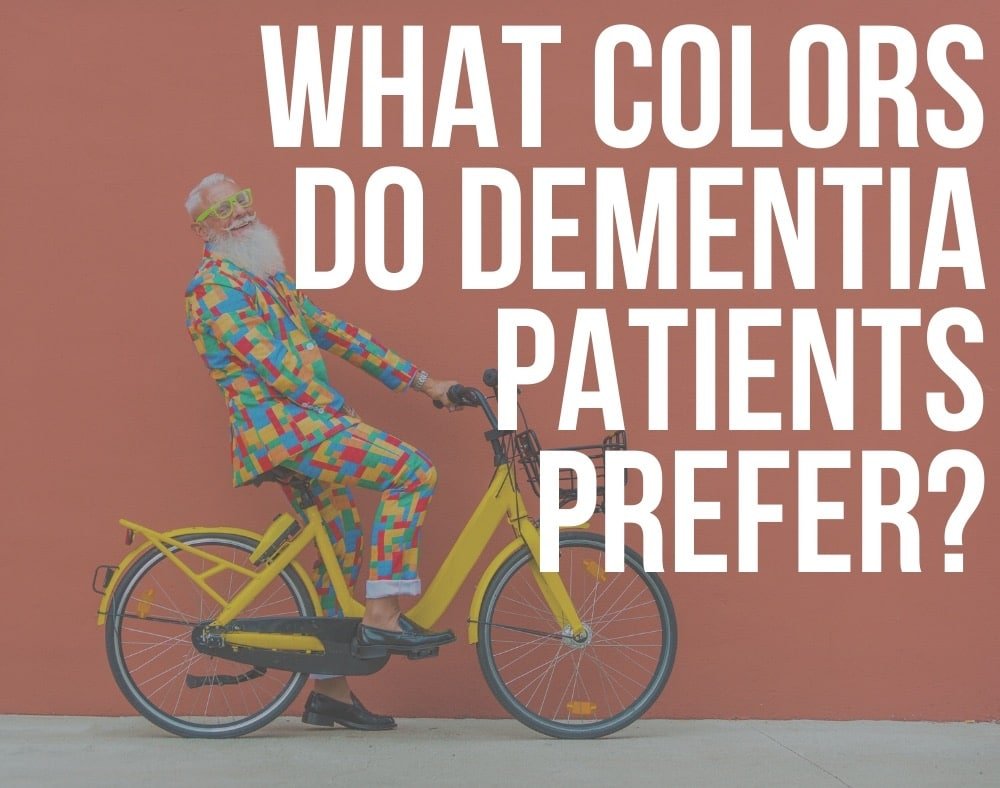You may have heard about massage therapy for dementia patients and are wondering whether it is helpful or not.
Many experts believe that persons with dementia need love and care from their relatives, friends, and other caregivers.
Massage can be defined as hand-on manipulation by a practitioner on the body’s soft tissues according to Alzheimer’s Society UK.
A friendly touch can be soothing for ill people as it can communicate encouragement, comfort, protection, reassurance, relaxation, and trust.
Contents
Massage Therapy and Dementia
Let’s look at other benefits individuals with dementia can enjoy from massage therapy.
Improves Quality of Life

Professional massage therapists agree that massages, when done properly, offer psychosocial benefits to persons with the neurodegenerative disease.
This is a factor that can help to improve the quality of life for those who are living with dementia.
Touching a person and massaging them with essential oils or lotions will not only soothe the skin but will also increase the circulation of blood and other nutrients.
This is a move that can help nerves function better as it helps them to relax.
Eases Disruptive Behaviors

Massage therapy is said to have a positive effect on some dementia symptoms like agitation and wandering. This can come from both hand massage and massaging chairs.
Because they help a person feel calm and relaxed, it can help to reduce or eliminate wandering habits and disruptive behaviors that are common with people who have dementia.
Researchers from Canada conducted this study where they observed 57 persons with Alzheimer’s in a facility in British Columbia for three days.
They divided the participants into three groups each getting different amounts of touching.
One group was not receiving any touch, the other was getting a “non-nurturing touch” and the 3rd group was getting massages two times a day. They found that the group that was receiving touches were calmer.
Slows Down the Process of Memory Loss

Slowing down memory loss is another benefit of massage therapy for dementia patients.
This mostly happens because massage helps to enhance blood circulation in which turns slows down memory loss.
After all, the brain is getting adequate oxygen and other nutrients it needs to function properly.
Naturally, this improves brain activity making individuals with dementia more active as well as aware of their current health status.
A person with dementia should receive regular massages so that positive progress can be seen regarding memory loss.
A licensed massage therapist in New York Connie Tjaden recommends a ten-minute massage applied to the right place three times weekly.
Restores Dignity

Dementia can make a person feel like they are undesirable and unwanted, reason many individuals with the illness end up withdrawing socially.
A good massage can help fix this because touch one of the things that ill individuals need. Massage can restore dignity as it develops a bond between the therapist and their clients.
This can also increase the confidence of a person which leads them to be more socially active as the individuals with dementia try and express their thoughts and feelings to their loved ones.
Enhances Overall Health

When talking about massage therapy for dementia patients, it is also important to note that it can also help with overall health and not brain health only.
This is mostly because good massages increase the levels of endorphins that are released in the body thanks to improved blood circulation.
Endorphins contribute to the general wellness of the human body because they make a person feel energized and happy.
Massages, on the other hand, also encourage a relaxation effect on the brain. This helps to decrease the levels of cortisol (a stress hormone).
This is essential especially for seniors because it can help strengthen the immune system.
Massage is also known to increase serotonin levels in the body.
This is the neurochemical that helps to enhance feelings of relaxation and calm as well as regulates mood.
Different Types of Massages for Dementia

When it comes to massage therapy for dementia patients, there are different types of massages that can benefit persons with the neurodegenerative illness.
The ones that work best are the ones that target specific pressure or pain points to aid in relieving stress for persons with dementia.
Hand Massage
Many individuals with dementia can respond well to hand massage because holding hands is a familiar feeling.
It mostly involves the gentle pressing of the palm as well as rubbing knuckles in a therapeutic motion.
They can help reduce agitation and increase bonds between loved ones. As little as five minutes is enough to evoke a positive response.
Foot Massage
These are beneficial when it comes to alleviating anxiety, encouraging relaxation, easing pain, communicating comfort and support in palliative care, and promoting sleep.
An article published in the Australasian Journal on Ageing the 2011 issue by Amy Johnson, Wendy Moyle, and Siobhan O’ Dwyer titles “Exploring the Effect of Foot Massage on Agitated Behaviors in Older People with Dementia: A Pilot Study stated that at least ten minutes of foot massage reduced agitative behavior symptoms like wandering, repetitive movements, and aggression.
According to the research daily foot massages reduced this kind of behavior after only two weeks for both females and males with dementia.
Slow-Stroke Back Massage
This uses effleurage mostly in a figure-8 formation on all sides of the back moving the palm with firm, rhythmic, and long strokes.
This type of massage is great for fighting agitation, sleep, and anxiety. It may also help to decrease heart rate and blood pressure.
Closing Remarks
When looking for a natural and reliable way to soothe persons with dementia, you can always try massage therapy for dementia patients.
Practitioners say that it records significant improvements.
More scientific data, however, needs to be collected to show conclusive results. Worth noting is that while massage therapy is a viable option, it is not for everyone with dementia.
Some will respond well, while it may hurt others especially the ones who are afraid of touch; thus, it has to be personalized.







